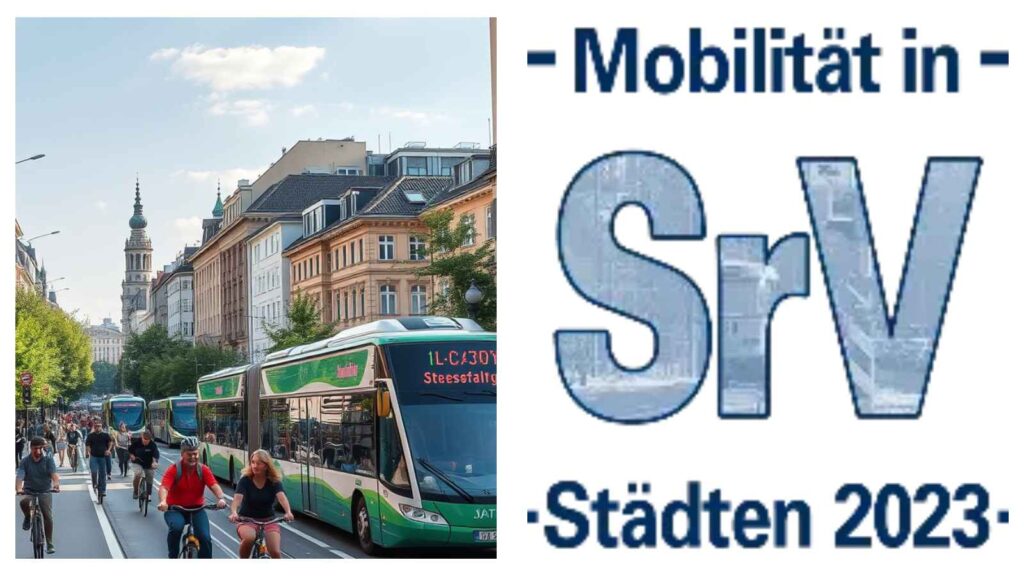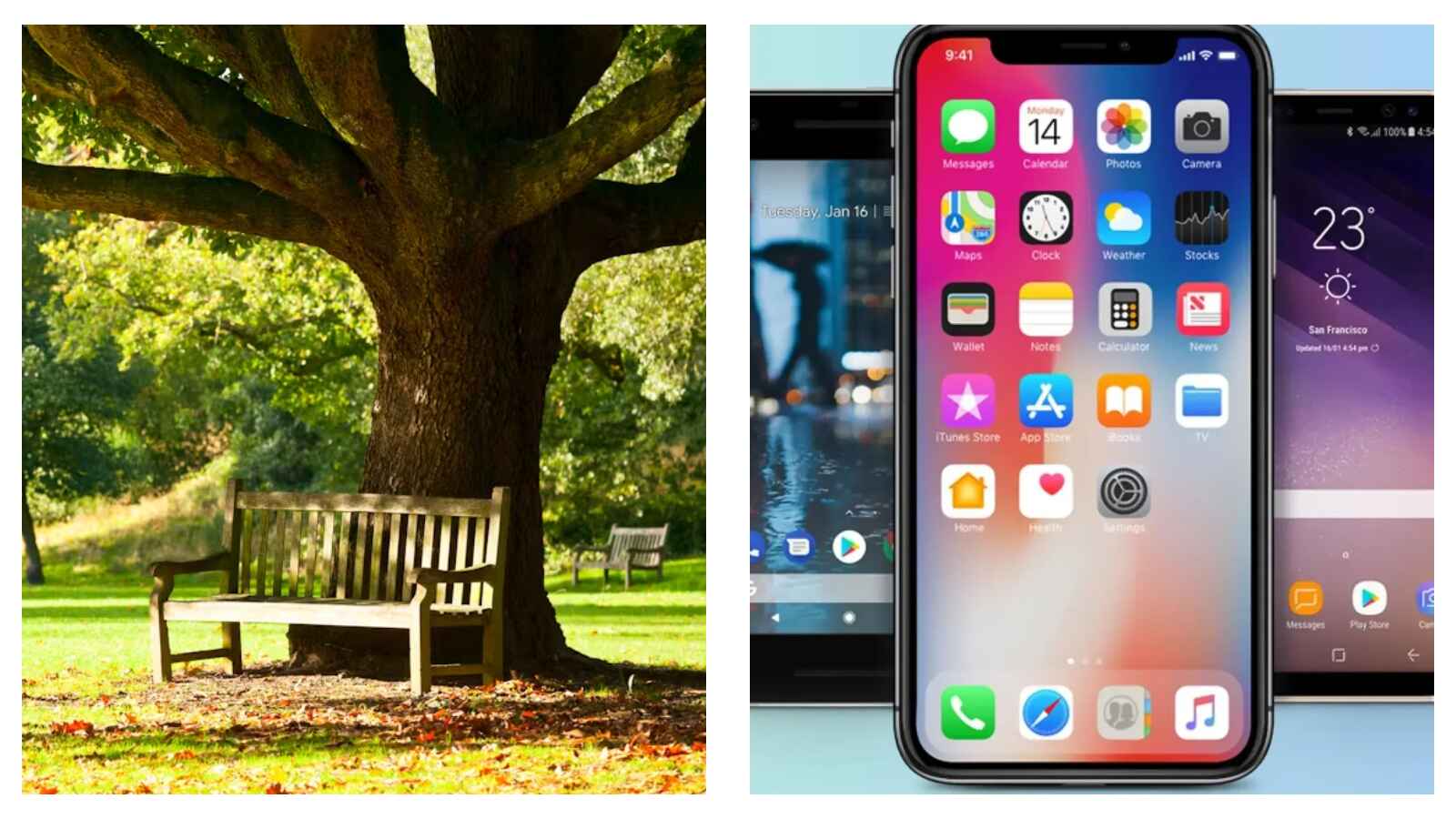By Rachel Walker
Millions of people were caught in chaos on Monday after a mass blackout brought Spain and Portugal to a standstill.
Trains stopped, planes were grounded, traffic lights and ATMs were down, and even some routine hospital operations had to be suspended.
Power has now been fully restored to both nations, according to authorities.
Spanish Prime Minister Pedro Sanchez said authorities have not yet worked out what had caused the blackout and were not ruling anything out.
He asked the public to refrain from speculation because of the risk of “misinformation”.
Portugal’s grid operator Ren has claimed that the cause was a fault in the Spanish electricity grid, related to a “rare atmospheric phenomenon”.
Due to extreme temperature variations in Spain, there were “anomalous oscillations” in very high-voltage lines.
READ MORE: Germany sees shift in urban mobility as car usage declines

Slower pace of life
As well as transport links being down, internet and mobile phones services were also cut leaving people ‘disconnected’ from the modern world.
A heartwarming side effect of this has been videos flooding social media (ironically) showing Spaniards enjoying a slower pace of life, playing cards with each other in the park, reading and even flamenco dancing.
Some residents dug out radios in order to listen to any news updates.
One video on Instagram showed a woman looking to connect by throwing stones at her friend’s window, unable to send a usual text.
One British tourist shared a video on TikTok of crowds in Valencia – and claimed it was the ‘most wholesome thing’ he’d ever witnessed.
With global phone usage at an all-time high and users spending an average five hours a day on their phone, the Iberian blackout gave people the opportunity to ‘disconnect’ and enjoy face to face time, even if it was just for one day.
READ NEXT: Sri Lanka urged to reconsider energy deal with India amid Indo-Pak crisis
